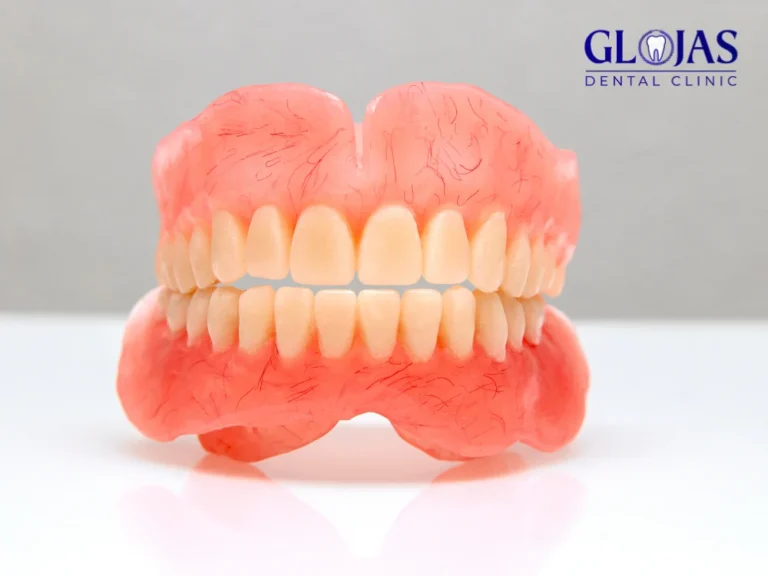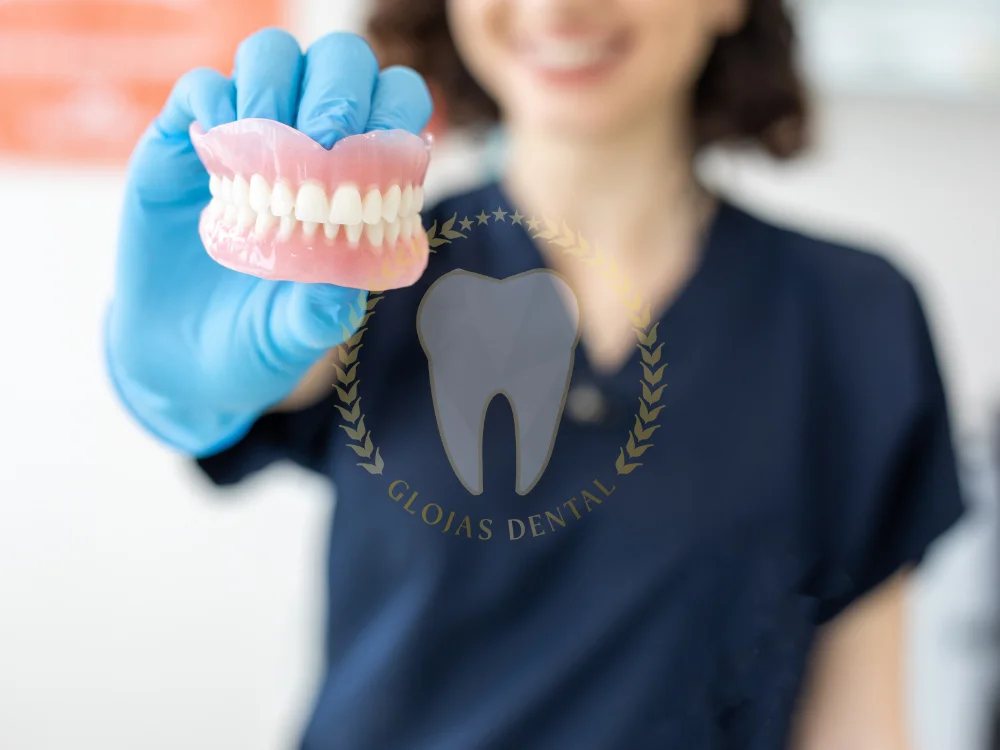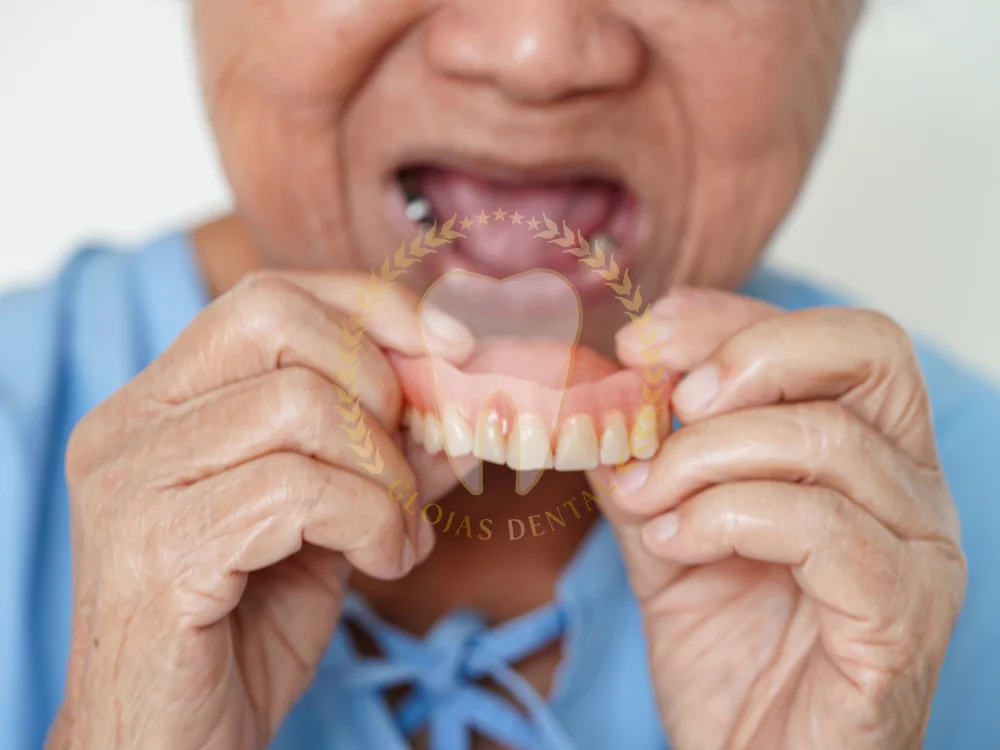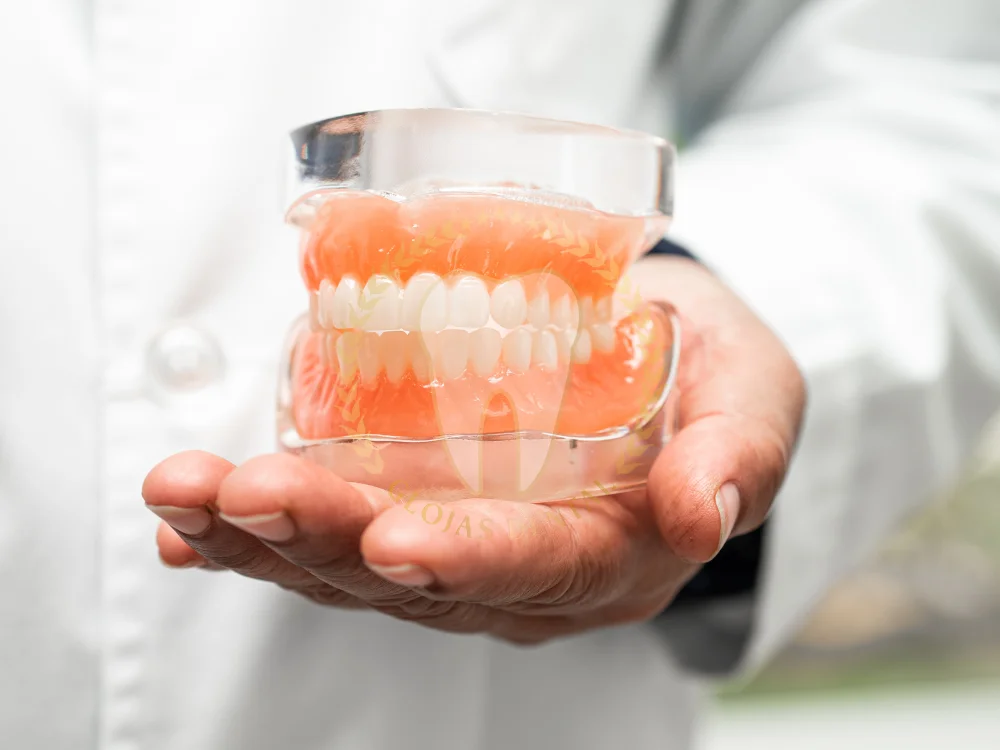Tooth loss can significantly impact a person’s quality of life, affecting both physical and emotional well-being. Traditional dentures, while effective, can often be uncomfortable, bulky, and aesthetically unappealing. Many individuals seek a more comfortable, discreet, and natural-looking solution for tooth replacement.
Enter Valplast dentures, a revolutionary advancement in dental technology. These flexible dentures offer a range of advantages over traditional dentures, making them a popular choice for individuals seeking a comfortable and functional solution for tooth loss.
In this comprehensive guide, we will delve into the world of Valplast dentures, exploring their unique features, benefits, and considerations. We will discuss the materials used, the customization procedure, and the factors that influence the cost of Valplast dentures. Additionally, we will provide essential tips for maintaining optimal oral health and prolonging the lifespan of your Valplast dentures. By the end of this article, you will have a thorough understanding of Valplast dentures and be empowered to make informed decisions about your oral health.
What is a Valplast Denture?
Valplast dentures are a type of removable partial denture made from a flexible, nylon-based material. Unlike traditional acrylic or metal dentures, Valplast offers superior comfort and a natural appearance. Their lightweight design makes them an increasingly popular choice for patients seeking a durable and aesthetically pleasing solution for replacing missing teeth.
How Does a Valplast Denture Work?
Valplast dentures rely on their flexible material to fit snugly into the mouth without the need for metal clasps. They conform to the natural shape of your gums, providing a secure fit and eliminating pressure points that can cause discomfort with traditional dentures.
Their flexibility also allows for a more precise fit, enhancing comfort and stability.
Why Choose a Valplast Denture?
1. Superior Comfort
The flexible nylon material used in Valplast dentures is gentle on gums, reducing irritation and discomfort.
2. Aesthetic Appeal
Valplast dentures blend seamlessly with natural gums, thanks to their translucent material, offering a more natural look compared to traditional options.
3. Lightweight Design
Their lightweight construction makes them easier to wear and reduces the feeling of bulkiness in the mouth.
4. Durability
The material used in Valplast dentures is resistant to fractures and cracks, ensuring a long-lasting solution.
5. Metal-Free Design
Valplast dentures eliminate the need for metal clasps, making them ideal for patients with metal allergies or those seeking a more discreet option.
6. Cost-Effective
While the initial cost may be higher than traditional dentures, their durability and low maintenance make Valplast dentures a cost-effective choice in the long run.
7. Biocompatibility
The nylon-based material is hypoallergenic, making it safe for a wide range of patients.
How is a Valplast Denture Made?
The process of creating a Valplast denture involves several steps:
1. Initial Consultation
The dentist assesses your oral health, discusses your needs, and takes an impression of your teeth and gums.
2. Designing the Denture
The dental lab uses the impression to craft a custom Valplast denture that fits your unique oral structure.
3. Material Selection
A flexible nylon resin is used to create the base, which mimics the natural color of your gums.
4. Final Fit
Once completed, the dentist ensures the denture fits properly, making any necessary adjustments.
Valplast Denture vs. Traditional Denture
Feature | Valplast Denture | Traditional Denture |
Material | Flexible nylon resin | Acrylic or metal |
Comfort | Highly comfortable | May cause pressure points |
Aesthetics | Seamless, natural look | Visible metal clasps in some cases |
Durability | Highly resistant to cracks | Prone to wear and tear |
Fit | Adapts to gums for better fit | Fixed, may require adhesives |
Maintenance | Minimal | May require more frequent repairs |
Cost of a Valplast Denture
The cost of a Valplast denture varies depending on factors such as the number of teeth being replaced and the location of the dental clinic. On average:
- Single Valplast Denture: $700–$1,500
- Full Set of Valplast Dentures: $1,500–$3,000
While they may have a higher upfront cost compared to traditional dentures, their durability and reduced need for repairs make them a cost-effective investment over time.
Caring for Your Valplast Denture
To ensure the longevity of your Valplast denture, proper care is essential:
1. Daily Cleaning
Use a soft-bristled brush and a non-abrasive denture cleaner to clean your denture daily. Avoid using regular toothpaste, as it can damage the material.
2. Soaking
Soak your denture overnight in a Valplast-approved solution to keep it clean and hydrated.
3. Avoid Hot Water
Never expose your denture to hot water, as it can warp the flexible material.
4. Handle with Care
While Valplast dentures are durable, mishandling them can lead to damage. Always handle them with care during cleaning and storage.
5. Regular Check-Ups
Visit your dentist regularly to ensure the denture fits properly and to address any potential issues early.
Are Valplast Dentures Right for You?
Valplast dentures are an excellent choice for many patients, but they may not be suitable for everyone. Patients with severe gum or bone loss may require alternative solutions, such as implants. A consultation with your dentist is the best way to determine if a Valplast denture is right for you.
FAQs About Valplast Denture
1. What is a Valplast denture?
A Valplast denture is a flexible, lightweight partial denture made from nylon-based resin, offering a comfortable and natural-looking alternative to traditional dentures.
2. How long do Valplast dentures last?
With proper care, Valplast dentures can last 5–10 years or more, depending on usage and maintenance.
3. Can Valplast dentures be repaired?
Yes, Valplast dentures can be repaired, though the process may require specialized equipment and expertise.
4. Are Valplast dentures comfortable?
Yes, Valplast dentures are designed for superior comfort, conforming to the gums and eliminating pressure points.
5. Do Valplast dentures require adhesives?
No, the flexible material allows Valplast dentures to fit securely without the need for adhesives.
6. How much does a Valplast denture cost?
The cost ranges from $700 to $1,500 for a single denture, depending on the complexity and location.
Conclusion
Valplast dentures offer a comfortable, discreet, and affordable solution for individuals seeking to replace missing teeth. Their flexible and resilient material, combined with their custom fit, makes them a popular choice for many. To ensure optimal oral health and the longevity of your Valplast dentures, it’s essential to follow your dentist’s recommendations for regular check-ups and cleanings. By taking good care of your dentures, you can enjoy a beautiful, functional, and confident smile for years to come.



